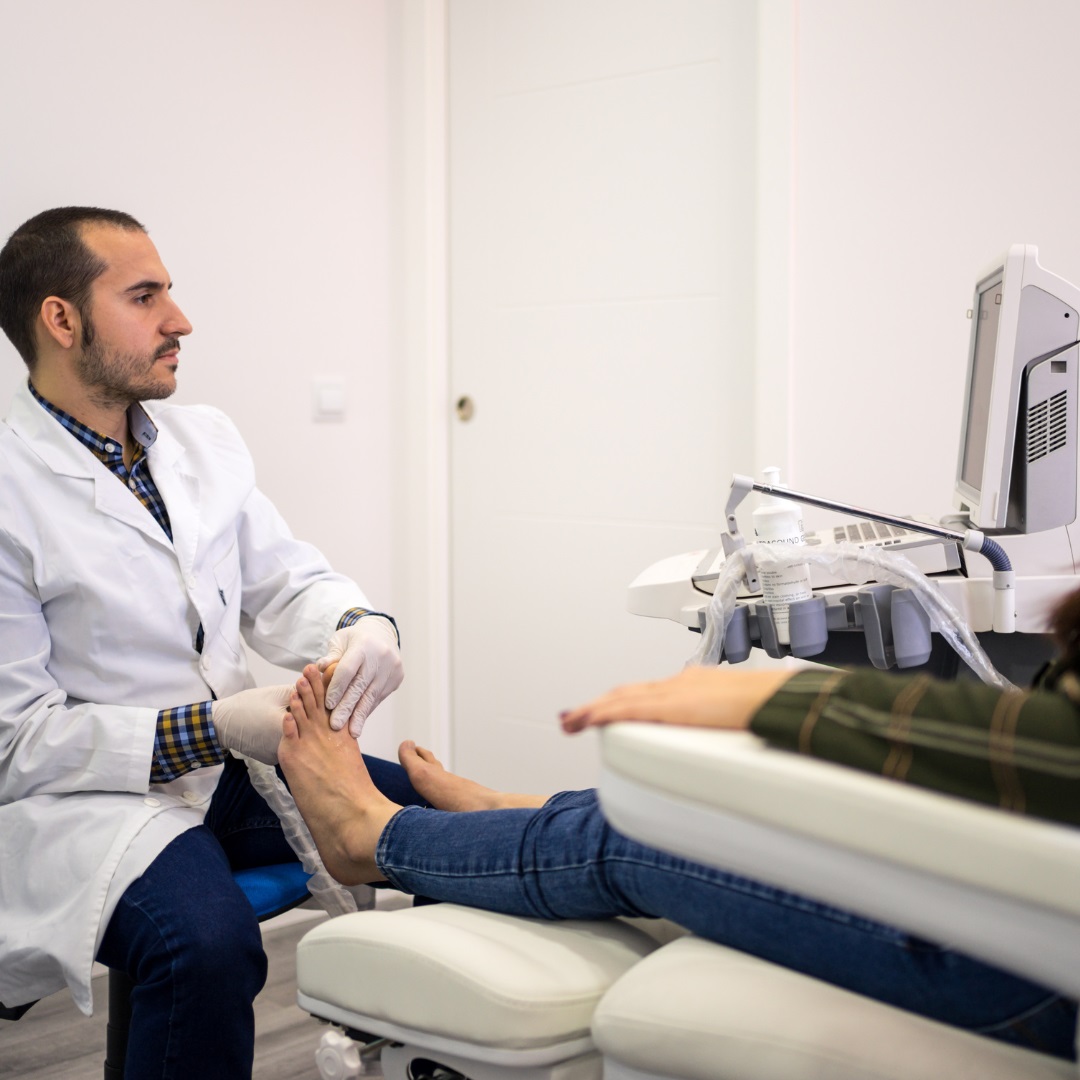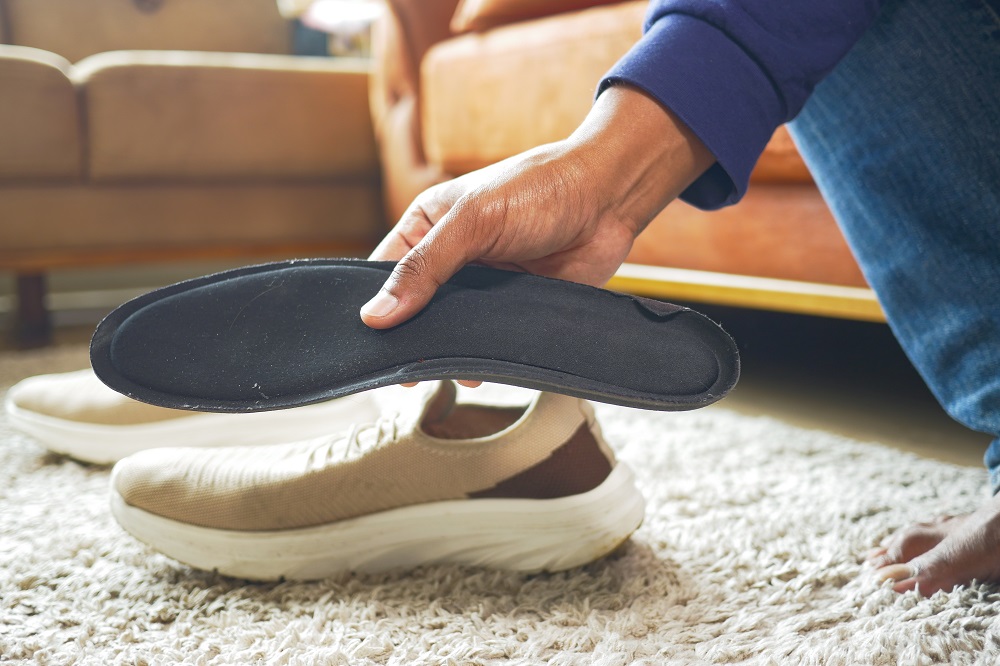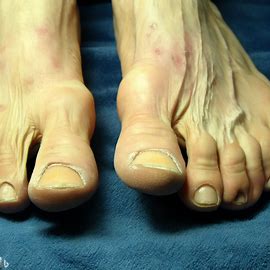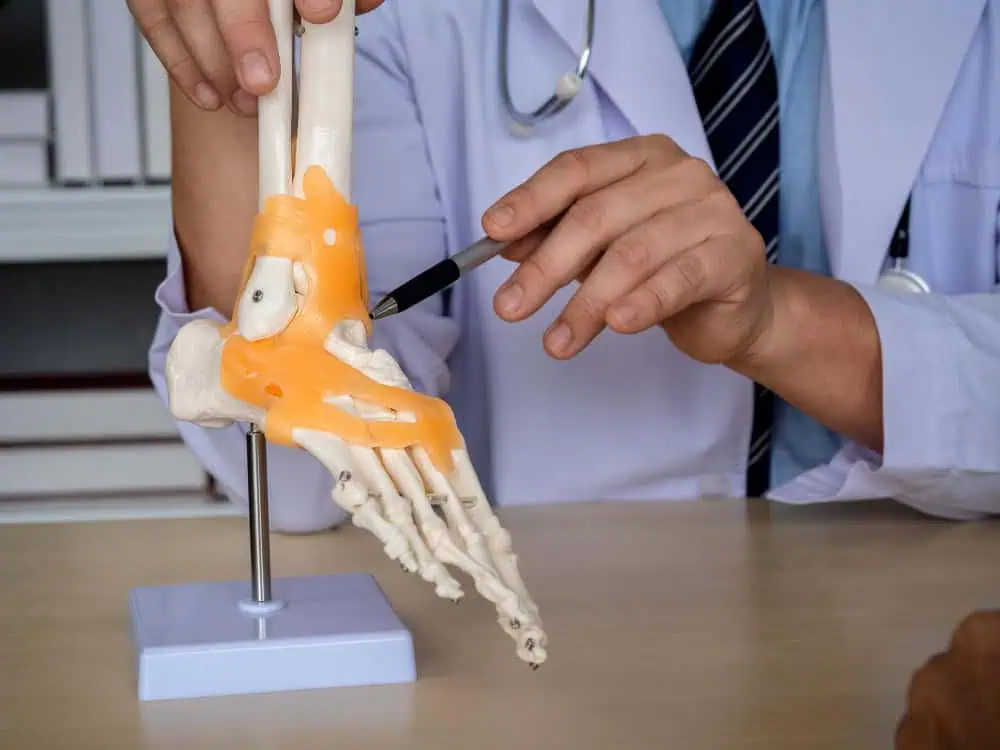Healthcare often focuses on treating issues after they arise, but a proactive approach can significantly improve patient outcomes, particularly in podiatry. Conditions like plantar fasciitis, heel pain, and diabetic foot complications can be better managed with preventive and personalized care strategies.
Patients may not always recognize how their lifestyle choices impact their foot health. Factors such as obesity, inactivity, poor nutrition, and smoking can exacerbate foot and ankle problems. Addressing these lifestyle factors can reduce chronic pain and improve overall health. For example:
- Obesity increases the risk of plantar fasciitis and other foot conditions.
- Weight loss can alleviate pressure on the feet and improve mobility.
- Better nutrition and regular exercise can enhance foot health and prevent complications.
The Impact of Lifestyle Changes
Adopting healthier habits before seeking surgical interventions can lead to better surgical outcomes and long-term benefits. For instance, weight loss before foot surgery can reduce complications and aid recovery. However, patients often need support to make these changes.
Implementing Proactive Care in Podiatry
Podiatrists can incorporate lifestyle health coaching and Remote Patient Monitoring (RPM) technology into their practice to provide personalized, proactive care. This approach aligns with patient preferences for virtual health solutions and offers continuous support. Key strategies include:
- Utilizing Technology: Leveraging mobile apps and digital tools to monitor patients’ health data in real-time.
- Addressing Root Causes: Focusing on the underlying causes of foot pain, not just treating symptoms.
- Continuous Support: Providing ongoing guidance through certified health coaches.
- Patient Education: Helping patients understand the link between lifestyle choices and foot health.
- Innovative Care Models: Adopting value-based, proactive care to enhance patient outcomes and overall health.
Embrace Proactive and Virtual Care
In today’s rapidly evolving healthcare landscape, podiatry practices must adapt to meet the changing needs of their patients. This adaptation involves shifting from a reactive approach to a more proactive and personalized care model. By embracing these strategies, podiatrists can significantly improve patient outcomes, reduce chronic foot pain, and enhance overall patient satisfaction.
The Need for Proactive Podiatric Care
Traditionally, podiatric care has been reactive, with patients seeking treatment only after problems arise. However, a proactive approach focuses on preventing issues before they develop. This shift can be particularly beneficial in managing chronic conditions such as plantar fasciitis, heel pain, and diabetic foot complications. By addressing lifestyle factors like obesity, poor nutrition, and inactivity, podiatrists can help patients achieve better long-term foot health.
Personalized Care Strategies
Personalized care is at the heart of this proactive approach. Each patient’s needs are unique, and tailored treatment plans can significantly enhance their health outcomes. For instance, weight management programs can alleviate pressure on the feet, reducing pain and improving mobility. Nutritional counseling and exercise plans can also play crucial roles in maintaining optimal foot health. By understanding and addressing the specific needs of each patient, podiatrists can provide more effective and compassionate care.
The Role of Virtual Programs
Virtual programs are an essential component of modern podiatric care. They offer a seamless way to integrate proactive and personalized strategies into everyday practice. Through Remote Patient Monitoring (RPM) technology, podiatrists can track patients’ health data in real-time, providing timely interventions and continuous support. This technology enables patients to receive care from the comfort of their homes, aligning with their preferences for convenient and accessible healthcare.
Benefits of Remote Patient Monitoring
RPM technology is a game-changer in podiatric care. It allows for the continuous monitoring of patients’ conditions, facilitating early detection of potential issues. For example, patients with diabetes can benefit from regular monitoring of foot health indicators, reducing the risk of severe complications. Additionally, RPM can help track progress in weight management and physical activity, ensuring that patients stay on track with their health goals.
Continuous Health Coaching
Health coaching is another vital aspect of proactive care. Certified health coaches can provide patients with ongoing guidance and support, helping them make healthier lifestyle choices. This continuous support is crucial for patients who need to adopt new habits to improve their foot health. Coaches can assist with setting realistic goals, overcoming barriers, and maintaining motivation, leading to sustainable health improvements.
Educating Patients
Education is key to successful proactive care. Patients need to understand the connection between their lifestyle choices and their foot health. Podiatrists can play an educational role by providing resources and information on the importance of proper nutrition, regular exercise, and weight management. By empowering patients with knowledge, podiatrists can help them take an active role in their health and well-being.
Adapting to Changing Patient Needs
To remain competitive and effective, podiatry practices must embrace proactive and virtual care models. These approaches not only meet the evolving needs of patients but also enhance the overall quality of care. By adopting these strategies, podiatrists can improve patient outcomes, increase satisfaction, and promote long-term health.
Ready to Transform Your Podiatric Care?
If you’re ready to enhance your podiatric practice with proactive, preventive, and personalized care, consider integrating virtual programs and RPM technology. These innovations can help you provide better, more comprehensive care for your patients, ensuring healthier feet and happier lives. Contact us today to learn more about how you can transform your podiatry practice.





